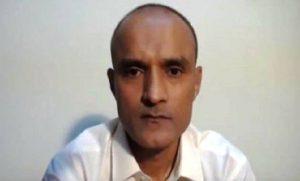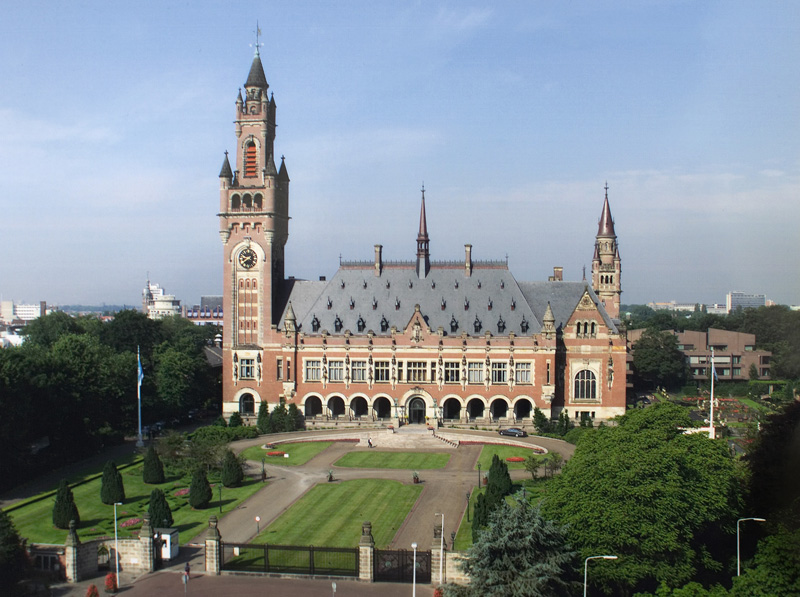The International Court of Justice (ICJ) said it would deliver a verdict in the Kulbhushan Jadhav case soon, even as the United Nations (UN) called for a closer look at Pakistan’s treatment of military prisoners.
India and Pakistan yesterday clashed at the ICJ over the fate of alleged spy Kulbushan Jadhav with New Delhi invoking the court's jurisdiction to see that the death sentence against him was annulled immediately.
Pakistan rejected the plea on the ground that India had no right to invoke the jurisdiction of the UN's highest court because the Vienna Convention does not provide for matters relating to spies, terrorists and those who indulge in espionage.
At the end of the day's proceedings, ICJ President Ronny Abraham announced that the verdict in the matter would be given "as soon as possible" and the date delivered in a public sitting.
The Indian case was put up by noted lawyer Harish Salve who demanded that Pakistan should annul Jadhav's death sentence and see that he was not executed as his trial was held under "farcical" circumstances in violation of the Vienna Convention.
"I urge the ICJ to ensure that Jadhav is not executed, Pakistan reports to this court that the action (of not executing him) is taken and that no action is taken that might prejudice the rights of India in the matter of Jadhav," Salve said in his over 90-minute presentation. The ICJ had last week "stayed" the execution on a petition by India, which approached the UN court after 46 years on an issue with Pakistan.
Jadhav was awarded the death sentence by a Pakistani military court last month, a year after he was arrested on espionage charges. India says Jadhav has been kidnapped and framed. Islamabad has rejected 16 Indian requests for consular access to Jadhav, who is held in an unknown prison in Pakistan.
Pakistan Counsel Khawar Qureshi rejected India's attempts to invoke ICJ's jurisdiction in the case, saying that the provisions of the Vienna Convention did not apply to spies, terrorists and those who indulge in espionage.
"India's plea for invoking provisions of Article 36 of the Vienna Convention is not relevant in this case. The Vienna Convention was adopted for better communication between friendly countries. But it cannot apply in this case of a spy set up by a state. It is clear from the Vienna Convention that the provision being sought under Article 36 by India cannot be entertained by this court," Qureshi said in his 45-minute reply to arguments put forth by Salve.
A report published by United Nations Committee against Torture last week said Islamabad should stop resorting to military courts for terrorism-related prosecutions. It also said that the country should transfer all the pending cases against civilians to civilian court from military courts. It further added that civilians who have been sentenced by military court should be given an opportunity to appeal the case in front of a civil court. The UN report also raised serious concerns over frequent reports of torture committed by police and other authorities in Pakistan.
Former Indian naval officer Jadhav, was found guilty by a Pakistan military court of being a spy for India, which denied the claims. India has also questioned the authenticity of a “confession” video uploaded by Pakistan as proof against Jadhav, saying it was coerced through torture.


